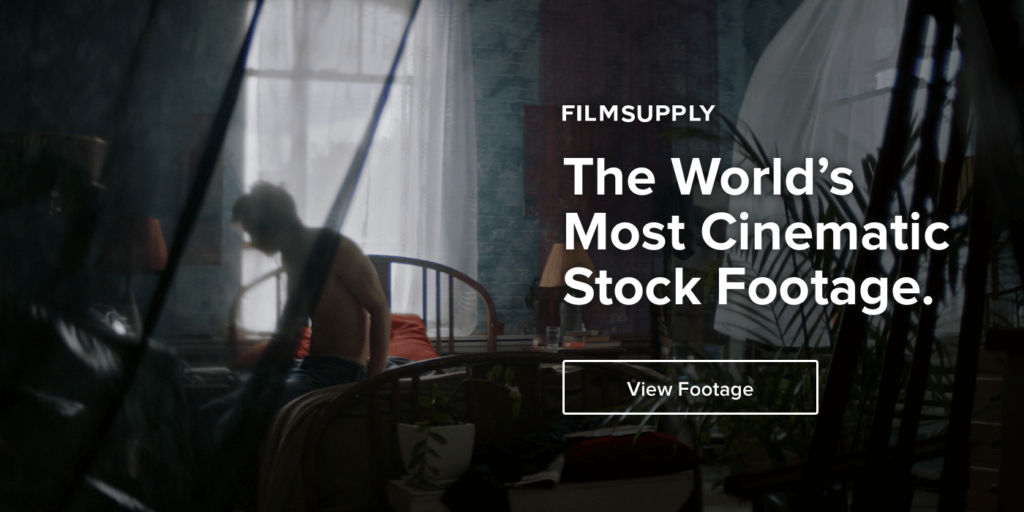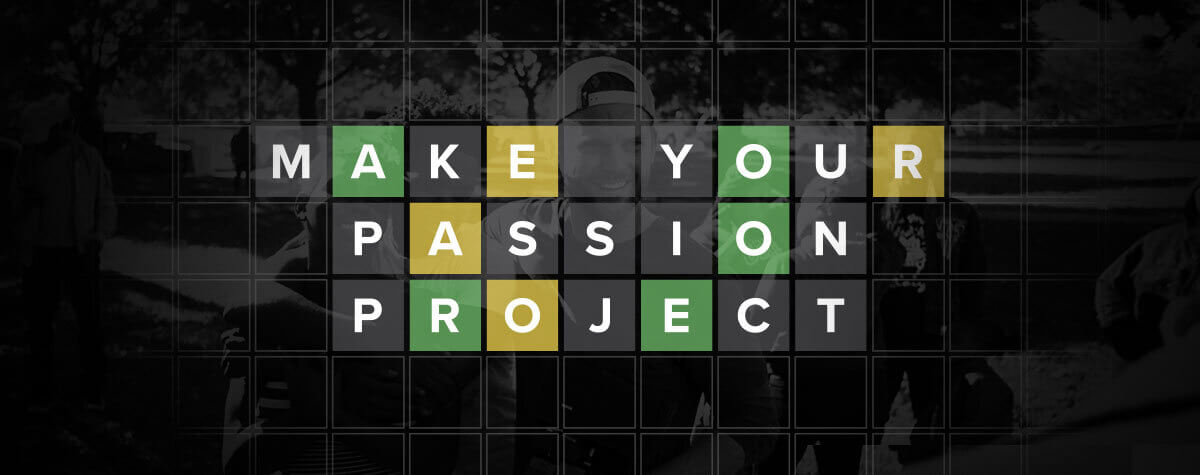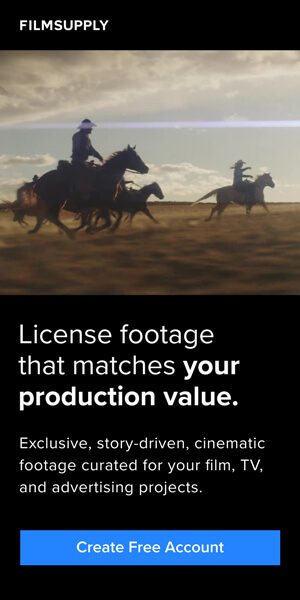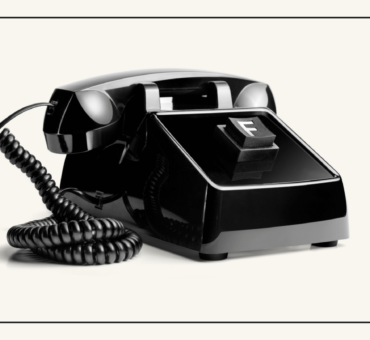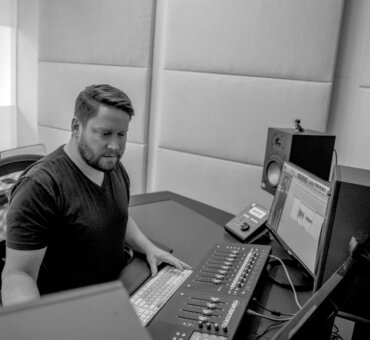There’s something about the recent Wordle phenomenon that just feels right. Maybe it’s because we love a great “rags to riches” story where, in this case, a developer sells his beautifully simple word game to The New York Times for an undisclosed, “seven-figure” amount. It’s refreshing to hear someone create something and find success with it.
But, we don’t think that’s quite it. Wordle’s success is also a story about creativity in its purest form, which is certainly why it’s so captivating to people like us. It’s about success, simplicity, and doing things for the right reasons—all qualities we can get behind. So, with that in mind, we thought we’d dive a little deeper into the success behind this perfect little game.
Universal Truths
There are plenty of great quotes about simplicity. Take, for example, Blaise Pascal’s often-quoted remark about writing a letter: “I have made this letter longer than usual, only because I have not had the time to make it shorter.” Another example is John Maeda’s description in his book The Laws of Simplicity: “The simplest way to achieve simplicity is through thoughtful reduction.”
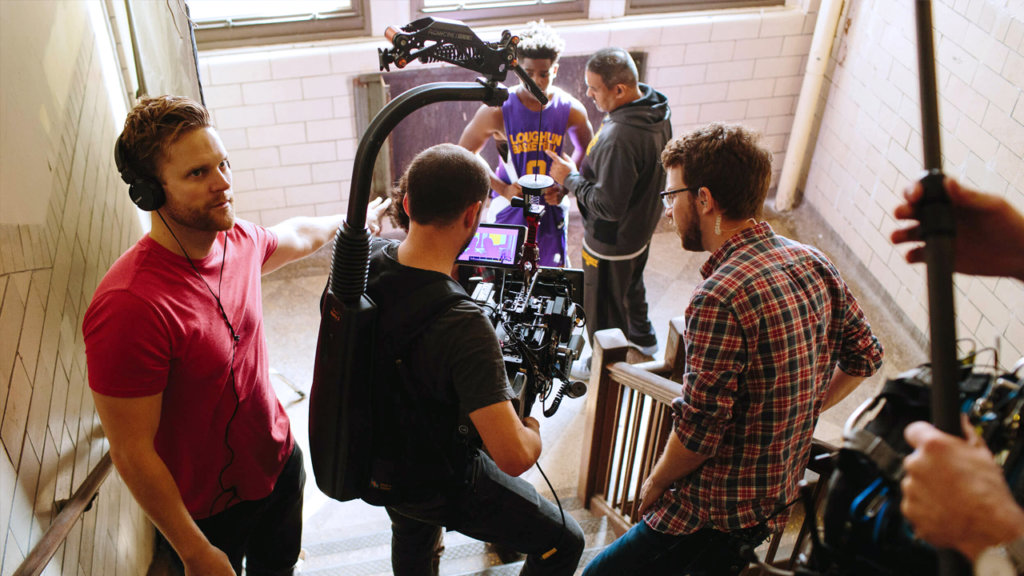
These two quotes imply not only that there’s inherent value in simplicity but also that there’s something that comes before simplicity. In most cases, it’s a mess. It takes time to get to a place of simplicity, but it’s generally well worth the effort, which is certainly true with Wordle. But, in creator Josh Wardle’s case, he was able to find a perfectly simple idea because the catalyst for his idea was perfectly simple, as he described in an interview with Time:
“I made something,” he explained, “that I would like to exist on the internet.”
Furthermore, he made something for just one person, which we’ll get to in a moment. So often in creative pursuits, particularly those that need to apply to a wide audience, we think that we need to create something for everyone. But, the truth is, we’re all the same in some ways. Josh used his creativity to create a game for his partner, Palak Shah, who loves to play word games. With just one person, he had his test group. And guess what? That test case resulted in a game that has now been played by millions of people around the world.
To us, that’s proof that we don’t need to overthink ideas. Make sure it’s compelling to someone, anyone, and you’ll likely have an idea on your hands that is going to be compelling to a wide array of people. In the end, we share more in common than we may realize. Wordle is proof.
For the Right Reasons
We’re going to sink our teeth into this point because it’s the most important: Wordle was made for the right reasons. It’s such an important point because it’s so incredibly difficult. As we all know, a creative career is filled with all sorts of decisions, and a question that needs to be asked before each and every decision is does this even need to be made?
In Wordle’s case, the answer is a resounding yes. Why? Josh Wardle made his game because he wanted to make his game! Both he and his partner loved word games, and he’s a talented developer, so he used his talents to make a word game. It just makes sense. It wasn’t made for money or fame or web traffic. It was made for fun.
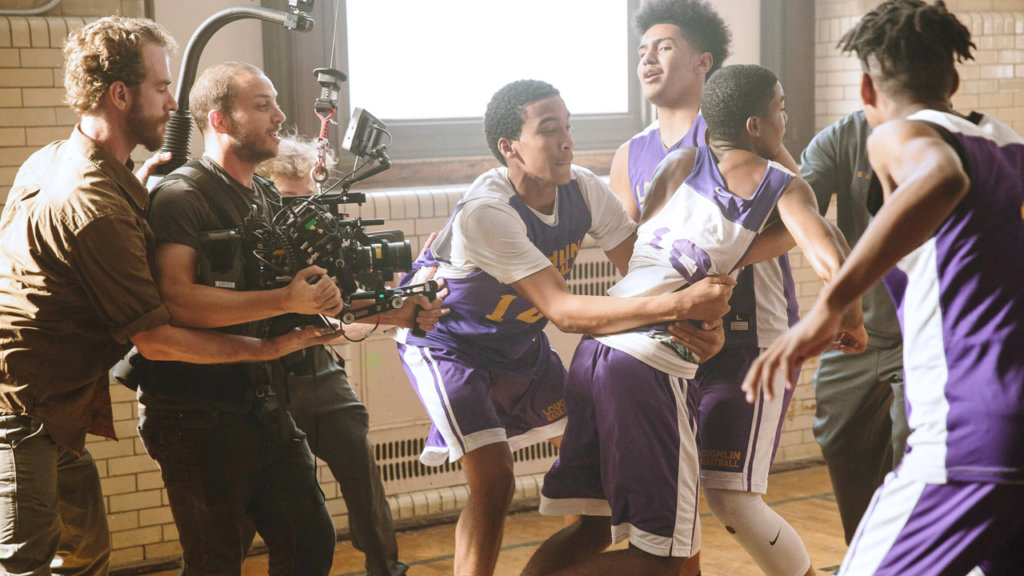
In a profile in The New York Times, they highlight exactly why they know it wasn’t made for money:
But since Wordle was built originally for just Mr. Wardle and Ms. Shah, the initial design ignored a lot of the growth-hacking features that are virtually expected of games in the current era. While other games send notifications to your phone hoping you’ll come back throughout the day, Wordle doesn’t want an intense relationship. If he were optimizing the game to gain as many players as possible, he would have included a link at the end of the tweet that the tool generates, he said. But after looking into it, he said it would have looked ‘trashy’ and not as visually compelling, and he liked the grid’s mysterious air, which he felt piqued people’s interest.
This represents one of the great paradoxes in creativity. If you truly want to have great ideas and succeed in your space, you need to do your best not to worry about succeeding in your space. At least, it can’t be your main driver. More than anything, if you’re driven by money and recognition, it clouds your decision-making process and will ultimately steer you towards something that is disingenuous or, even worse, uninteresting.
Think of a marathon. If you’re only in the race to win a medal, and not for the love of running, it’s going to be an incredibly difficult training process. But, if you love to run and love the process, you’ll probably be well on your way to that medal. Once again, back to our paradox. Filmmaker Dutch Simpson described this motivation when he was referencing his work for The North Face’s branded film Lhotse:
What’s unique about The North Face is that they treat their athletes with such respect. It’s not like, ‘We have a marketing initiative; we want you guys to do this.’ It’s truly athlete-inspired. So the athletes will have this crazy idea—in Jim [Morrison] and Hilaree’s [Nelson] case, they want to go do Lhotse—and what’s rad about The North Face is that they’re like, ‘Yes. We want to support you. What do you need?’
And once again, it works. As you navigate the decisions of your creative career, don’t forget to ask those important questions. Why is this being made? It doesn’t need to be a complicated answer, but it definitely needs to be the right answer. If Wordle is any proof, something as simple as, “I wanted to,” works just fine. Not seeking that seven-figure payday was the thing that got them there, it seems.
Share Your Work
In the same profile in The New York Times, there’s a common theme that pops up a few times—test and test again. Wordle didn’t launch to the world right away. In fact, Josh developed the game, and he played along with his family in their WhatsApp group. It wasn’t until he started to get positive feedback from friends and family did he even consider revealing his work to the world. But, there’s another note in there—he’d tried and failed once before, in 2013, when his friends were “unimpressed and he scrapped the idea.”
There’s so much to say about feedback, and we’ve covered the art of it in another article, but in that process, there’s nothing more valuable than a trusted inner circle. Not only are these individuals that you trust, they’re also individuals who trust that you’re going to know they’re coming from the right place. They can trust you to receive their feedback well, and because of that fact, they’ll give it more freely.
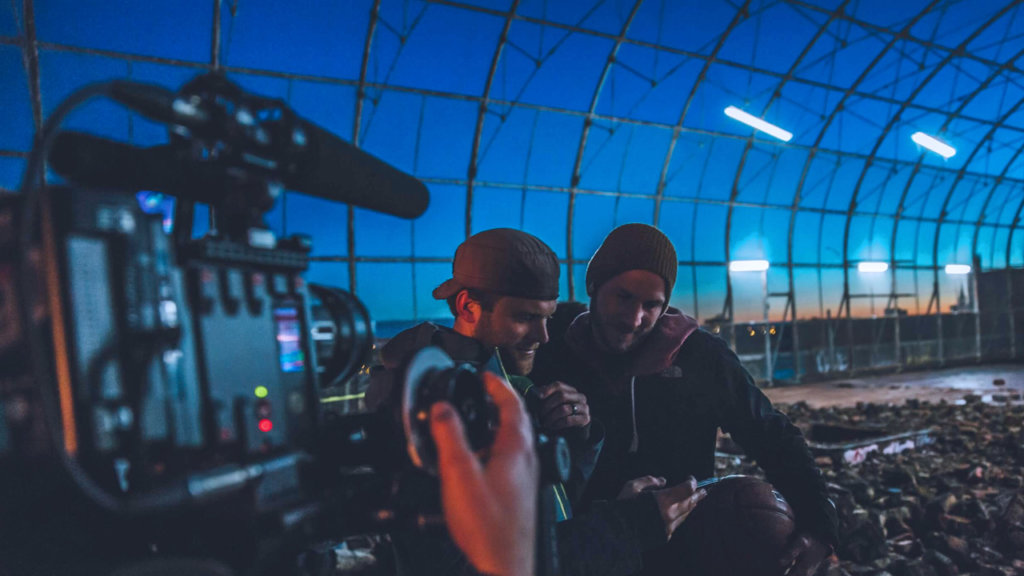
You’ll see this play out in your daily life. Do you respond well when a stranger offers criticism, either online or in-person? No, because you don’t trust them. But, when it comes from close friends and family, it may sting a bit, but you know that they have your best interests at heart. It’s the whole reason why we can poke fun at each other. Try doing that on the subway, and it may not work out so well.
So, with an inner circle, you have trust, and with trust you have failure—and with failure comes success. In an interview with Frame.io, Creative Director Nick Kelly put it this way: “The only way to build a culture of creative trust is to recognize that great ideas develop from multiple failures.”
If Josh Wardle had developed Wordle in a different environment, say, in an environment that valued profit above all else, then he probably never would have made it out of the first iteration in 2013. But, because he was bouncing ideas off of friends, family, and trusted collaborators, he could take the “unimpressed” reaction, distill that feedback to its most value form, and move forward.
Organically Motivated
There’s a great quote about “forcing it” that we’re not going to post here. But, we can paraphrase it by saying that if you have to force an idea, it’s probably not an idea worth making. Creativity, by its nature, needs space and time to develop organically. It’s just the way it is, which may seem frustrating at times, but it can also be incredibly empowering.
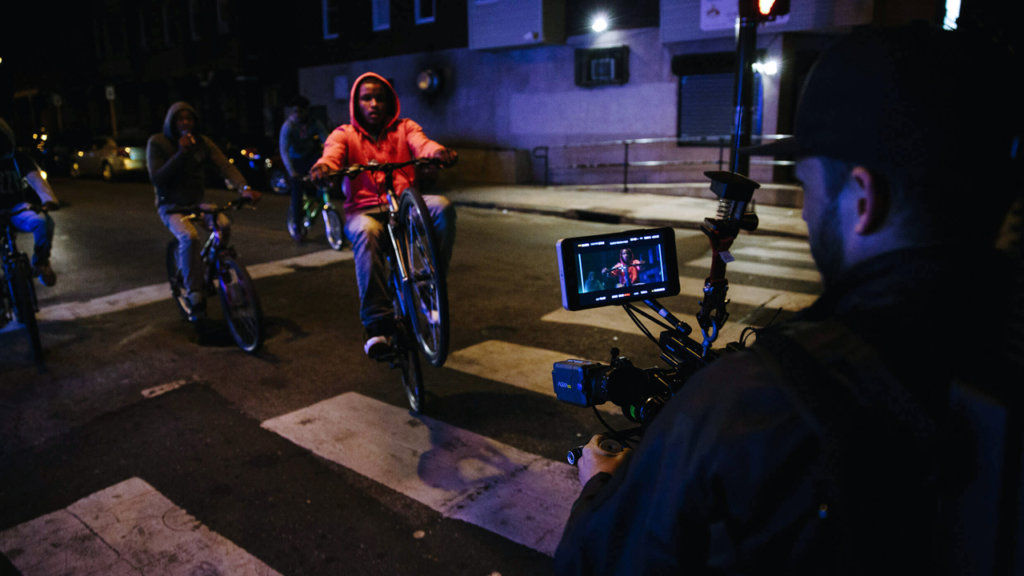
When Josh decided to create this game for his partner, it was in the middle of the global pandemic. He had time on his hands, motivation for making it, and the pieces just fell together at the right time. He wasn’t forcing it.
Now, allow us to go deep for a second. There are plenty of things that we don’t understand in this world, and one of those things is the creative brain. Sure, there’s research. There are case studies. But, ultimately, we don’t really understand how and why people do what they do, and that’s the beautiful part of any creative process. Call it God or the universe or whatever you want, but there’s something unseen at work when a brilliant idea comes along at the right time. When that does happen, it’s simply a matter of letting it happen. Writer Elizabeth Gilbert describes what happens when we try to force creativity when it’s not ready:
Such thinking assumes that the mysteries of inspiration operate on the same scale that we do—on a limited human scale of success and failure, of winning and losing, of comparison and competition, of commerce and reputation, of units sold and influence wielded. Such thinking assumes that you must be constantly victorious—not only against your peers, but also against an earlier version of your own poor self. Most dangerously of all, such thinking assumes that if you cannot win, then you must not continue to play.
And to us, that’s what sums up Wordle. Josh Wardle could have never predicted that he’d have a massively successful hit on his hands with such a simple game. He just made something, refined it, shared it with his friends, refined it some more, and put it into the world. When you look back at any successful endeavor, creative or otherwise, it’s amazing to see the steps that led to that success. More often than not, they’re winding and unpredictable. The only predictable thing about it is that your creativity and openness were present at every step.
Now, just like you probably are, Josh Wardle is simply sitting around and wondering, “What’s next?” And, right now, that’s the only question any of us should be asking ourselves.
The images used in this post are behind the scenes from Ricky Staub’s film The Cage.
